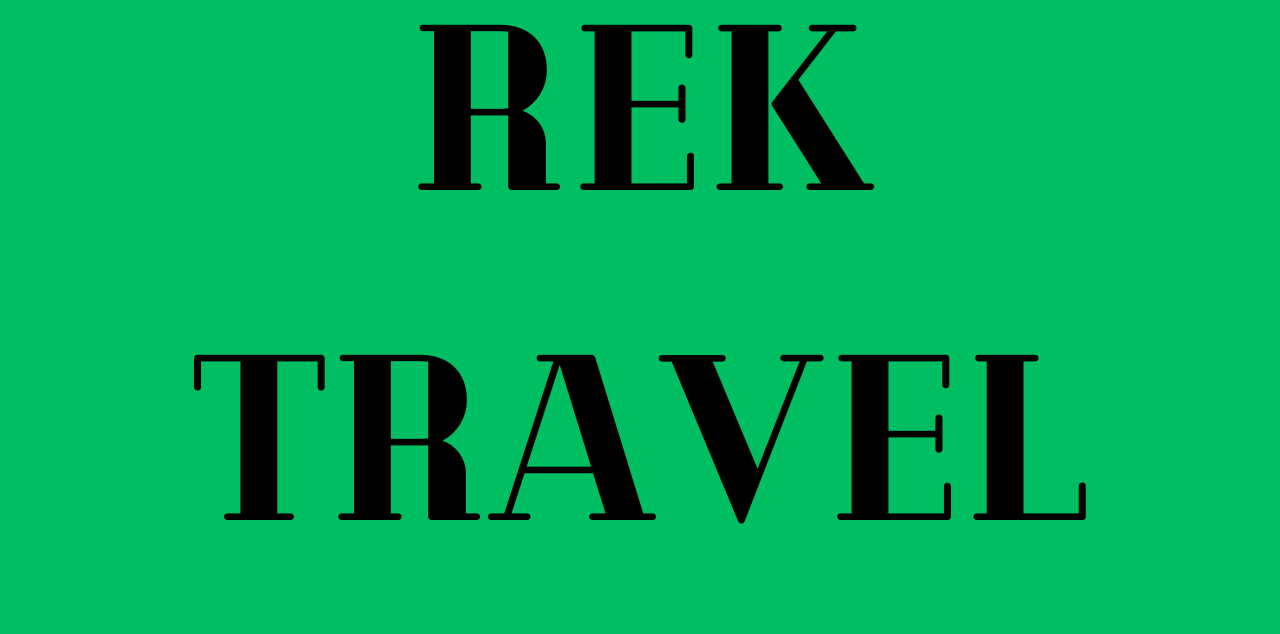“92Career is a platform/organization (or other suitable descriptor) dedicated to providing career help and opportunities to professionals from a variety of professions. By offering them resources, tools, and expert advice, 92Career aims to empower people with the confidence to control their career pathways. Whether a client is looking into new employment options, looking for educational insights, or networking with colleagues, 92Career is committed to helping them achieve their professional goals.
Career Pathways
“Career pathways” refer to the numerous paths someone might take to reach their career goals. They frequently start with formal education and training, which may include degrees, diplomas, or on-the-job training. These paths then continue via several jobs or positions a person may hold within a single sector or across other industries. A career path in medicine, for instance, may lead from medical school through residency and eventually into a specialized post as a surgeon or pediatrician. The path a person takes in their career is not necessarily straight; it may include lateral shifts, leaps into other industries, or even periods of retraining or reskilling. The idea of a career route is essential for assisting people in planning and navigating their professional lives. Understanding the many options can help people make educated decisions discussing their employment prospects, education, and training can help them achieve their desired professional objectives.
skill development 92career
The development of one’s skills is crucial in determining one’s professional path. Having a set of specialized abilities may set a person apart from competitors and improve their employability in a work market that is always changing. The demand for new skills and knowledge rises as sectors and technology develop, making some previous talents outdated. Professionals stay current and adaptable to changes thanks to ongoing learning and upskilling. In addition to improving career chances, this also gives people a stronger sense of work stability and contentment. Additionally, developing one’s skills can lead to a variety of professional prospects and enable one to switch careers or sectors. Developing one’s skills is essentially the same as investing in the success and durability of one’s profession.

92career’s Job Market Trends
The work economy has seen some significant changes as of 2021. Many old jobs have changed or become obsolete as a result of the development of digital technology, creating new possibilities in the fields of artificial intelligence, data science, and cloud computing. The COVID-19 epidemic caused a significant increase in remote work, which has started to put the traditional office-based work paradigm under pressure. Many businesses are now adopting hybrid or totally remote working arrangements. As a result, the significance of digital collaboration tools and platforms has been highlighted. A growing emphasis on sustainability and green technology is a reflection of the global effort being made to prevent climate change. As a result, careers in environmental science, sustainable agriculture, and renewable energy have grown in popularity. Adaptability, communication, and emotional intelligence, in particular, have become highly valued soft skills as employers have come to realize that while technical abilities are essential, the human element of work is also critical. The importance of jobs requiring creativity, strategic thinking, and human interactions has increased as a result of the replacement of many monotonous activities.
Strategies for Networking 92career
Effective networking is still essential for success in today’s quickly changing professional environment, especially for those aspiring to a “92career.” A diverse strategy must be used. First and foremost, it’s critical to make use of online platforms like LinkedIn; it goes beyond simply creating a profile to actively participate in groups that are important to your business, provide intelligent material, and establish connections with thought leaders. The value of offline techniques is also substantial. Attend conferences, seminars, and workshops devoted to your field to network with specialists. Additionally, think about starting or joining a neighborhood “92career” networking club, which provides chances for peer mentoring and knowledge sharing. Always keep in mind that developing real relationships is more important than conducting business; strive to add value to every one of your contacts by sharing expertise or helping others identify opportunities. Maintaining a flexible networking strategy will aid in both professional development and recognizing industry developments and trends as the “92career” environment continues to change.

Resume Development
Anyone looking for work must create a resume since it frequently represents the first impression a prospective employee will make on an employer. A well-written resume presents the applicant’s credentials, experiences, and talents in a clear and organized way. Gathering all pertinent data, including school history, professional experience, and any specialized training or certificates, is the first step in the resume-building process. After gathering, this material should be organized logically, often beginning with contact details, moving on to a summary or purpose, and then delving into further parts. The two main types are chronological and functional, with chronological emphasizing employment history and functional emphasizing skills and accomplishments. It’s critical to modify the CV to showcase the skills and expertise that are most pertinent to the position for which it is being applied. Another crucial element is visual presentation, which may be improved by employing a clear layout, uniform formatting, and business-like language. Since the job market is always changing, it’s crucial to frequently update and improve one’s resume to make sure that it always reflects their most recent abilities and experiences.
Techniques for Interviews 92career
Effective interviewing methods are essential to a successful recruiting process and the identification of the top applicants. The behavioral interview strategy, where candidates are asked to explain prior circumstances that indicate their skills and talents, is one of the most well-known strategies employed by experts in the industry. These questions are frequently formulated using the STAR technique. The use of hypothetical, work-related events to test applicants’ problem-solving and decision-making abilities during an interview is another way. In a structured panel interview, multiple corporate officials meet with a candidate at once and focus on various facets of their qualifications in order to assess cultural fit. On the technical side, problem-solving activities and practical exams are used to evaluate a candidate’s particular skill set that is pertinent to the position. Additionally, employing open-ended questions enables the interviewer to learn more about a candidate’s motives and views. Regardless of the methods employed, the ultimate objective is to fully comprehend the applicant, including their skills, cultural fit, and future contributions to the company.

Work-Life Harmony
Finding a balance between work and personal life has become more and more important for mental and physical health in today’s fast-paced society. Work-life balance refers to the healthy balance that a person must have between the time and effort they invest in their jobs and the time they spend on their personal lives and with their families. When accomplished, it guarantees that neither the personal nor the professional take precedence over the other. The practice of balancing job obligations with personal interests and commitments must be ongoing in order to achieve this balance. An unbalanced work-life schedule can cause more stress, burnout, discontent, and health problems. On the other side, maintaining a healthy balance may lead to enhanced productivity, better health, and a personal life that is more meaningful. Employers and organizations may help by recognizing the value of work-life balance and by giving their staff members flexibility and assistance. In the end, setting priorities for both facets of life can help you live a more complete and fulfilled existence by preventing one from dominating the other.
Opportunities for Continuous Learning 92career
It is impossible to stress the importance of constant learning in the fast-paced world we live in today. Professionals and organizations who prioritize and adapt to continuous education are positioned at an advantage given the fast-changing world of technology, business, and international communications. Continuous learning promotes a culture of inquiry and adaptation, ensures that skills remain current, and opens doors to new opportunities. This necessity is acknowledged by organizations like “92Career”. They empower their staff and strengthen the organization’s resistance to obsolescence by offering and supporting chances for ongoing growth. Since learning is a lifelong journey rather than a phase, those who embrace it tend to be the ones who lead, create, and inspire in their respective fields.

92Career
Finding the ideal professional route has become a crucial choice in the changing world of modern professions. Making an informed decision that fits your abilities, interests, and objectives is crucial for long-term success and fulfillment given the wealth of possibilities available. This article explores the idea of “92Career” and provides tips on how people might manage the challenging process of career research. Discovering, assessing, and pursuing a job that resonates with a person’s particular qualities is referred to as the “92Career” process. It includes self-evaluation, study into various professions, consulting with experts, skill development, networking, and industry trend adaptation. The phrase emphasizes the significance of making an educated choice in order to guarantee a successful and rewarding professional career.
Conclusion
In conclusion, commitment, ongoing education, and a proactive attitude to opportunities and difficulties are the keys to a successful career. It’s a voyage of personal growth, flexibility, and self-discovery. Maintaining a strong work ethic, cultivating professional connections, and accepting change are crucial throughout one’s career. A satisfying job also involves personal fulfillment, making a significant contribution to one’s field of expertise and society at large, in addition to financial success. People may prepare for a fulfilling and significant work path by defining clear objectives, being resilient in the face of obstacles, and being open to new experiences. Planning ahead, self-discovery and ongoing improvement are necessary for starting a successful career path. People may successfully traverse the complicated world of professions, make wise judgments, and strive towards realizing their ambitions by adhering to the “92Career” principles.
FAQ: 92career
can I choose which profession is best for me?
Assess your abilities, passions, and values first. Investigate numerous career paths and get guidance from experts in certain professions.
Is it a good idea to change careers?
If your present route no longer fits with your objectives or hobbies, changing jobs might be a terrific choice. Planning and preparing for the shift is crucial.





